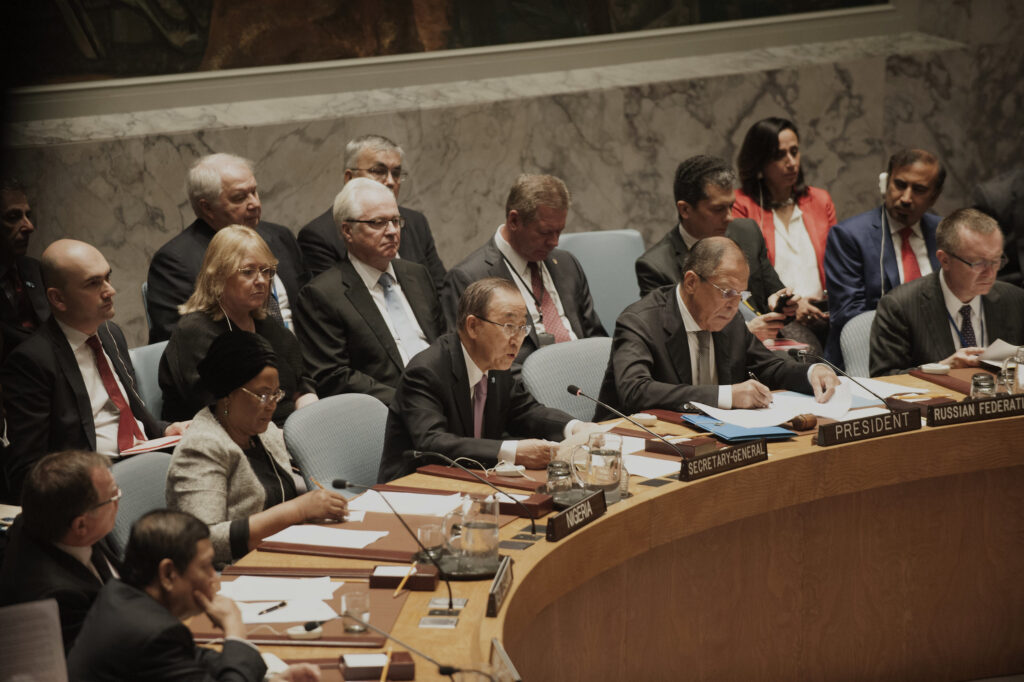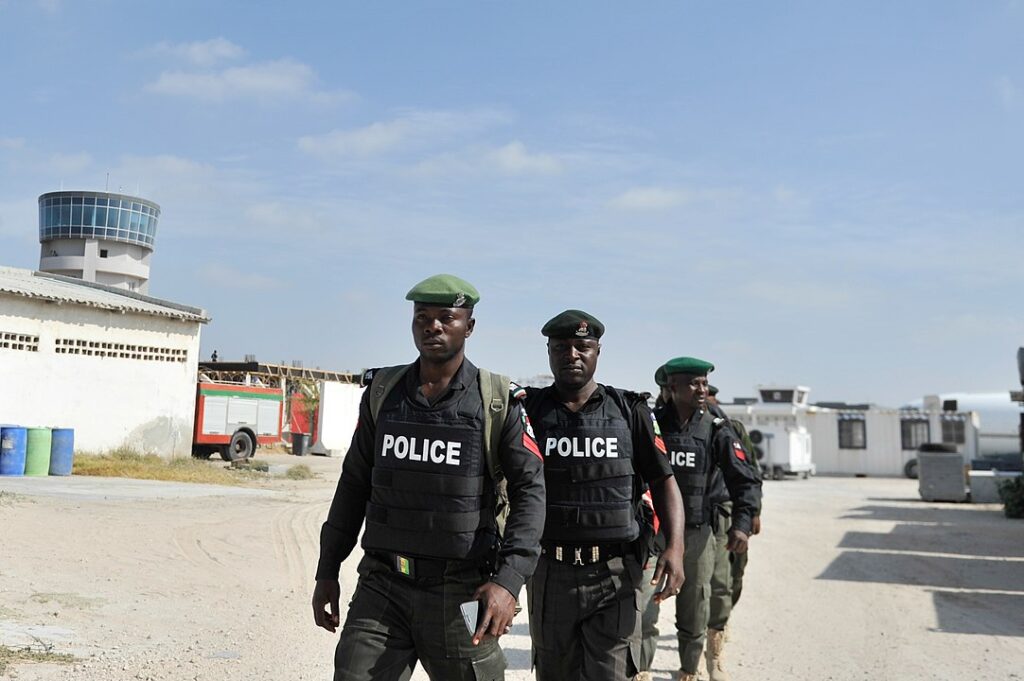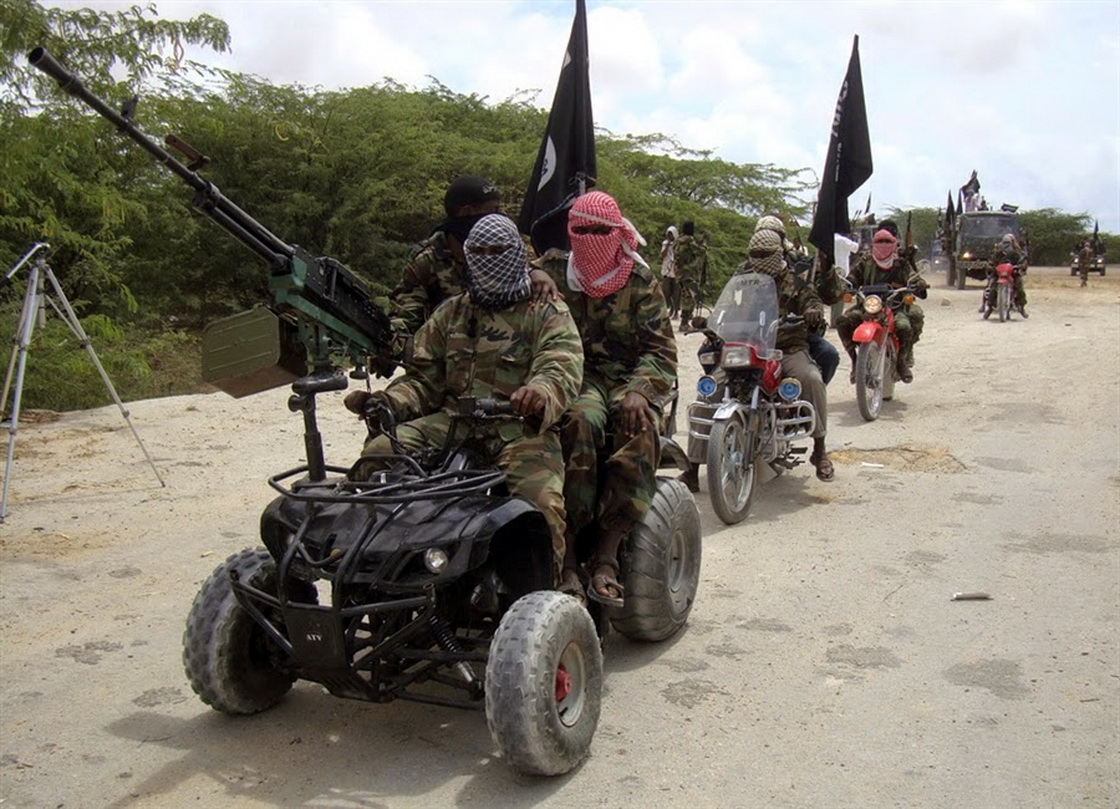You have often heard me say ‘a dead terrorist is a good terrorist’.
For some this phrase may seem crass and disrespectful: after all a human life IS a human life. Furthermore, many believe that even the worst among us deserve their day in court and should be treated humanely. Even terrorists.
Building on this there is this notion that the death penalty for certain crimes, to include the worst acts humans are capable of, is still not a permissible option either (for the record I am not generally a pro-capital punishment guy). Better to incarcerate guilty criminals indefinitely, as they may pose a security threat for an indeterminate period of time.
Nevertheless, even if I do not favour putting convicted killers (or terrorists) to death that does not mean I shed a tear when some happen to get their comeuppance in other ways. This is especially true when it comes to terrorists and terrorism, topics I have been focusing on for decades. If violent extremists die in gun battles, or air/drone strikes, or when their suicide vests detonate prematurely, you will not find me among the mourners.
So yes, a dead terrorist is a good terrorist.
They cannot threaten anyone anymore. They cannot murder and maim at will and cause all kinds of upheaval, like mass displacement as we are seeing right now in Mozambique. They are, to build on Monty Python’s Dead Parrot sketch, ‘ex-terrorists‘. And we are better off for that.

We do receive reports on occasion about the deaths of significant terrorists. Here is a good recent example Many Nigerian and other online sites claim that the leader of Boko Haram (BH), a particularly nasty terrorist bunch, a man named Abubakar Shekau, is dead. He apparently blew himself (and others) up when he was besieged by another terrorist bunch, Islamic State West African Province (ISWAP). With his demise so goes BH, right?
Not so fast!
Firstly, like the proverbial cat, Shekau has been declared dead before only to miraculously enjoy another life. It is therefore not clear that at this time he is ‘pushing up the daisies’. More importantly, even if he is no more we cannot assume that BH will join him on the list of former threats.
The immediate future of this particular organisation depends on several factors:
a) will Shekau eventually be replaced soon by someone effective?
b) does BH need a strong leader to run the show?
c) is there an heir already named?
d) will the group finally merge entirely with ISWAP?
And so on.
Furthermore
And perhaps more crucially, the actual deaths of terrorist group leaders – or their capture and removal from active duty – have not proven very effective in recent history. Do you want some example? Al Qaeda (AQ) survived the death of Bin Laden (a decade ago!); Islamic State (ISIS) is as strong as ever despite the killing of Al Baghdadi in 2019; the PKK is still a force to be reckoned with for Turkey even though its head honcho, Abdullah Ocalan, was seized in 1999! And so on and so on.
The bottom line is that any one person can kill another person: it does not take a rocket scientist. Killing an ideology, however, is something very different. Ideas can last decades if not centuries. Even if terrorist leaders are succeeded by less than stellar replacements (hello present AQ CEO Ayman al-Zawahiri!) the rank and file can continue to pose a significant menace. I suppose the degree of independent action would weigh in here as well, not to mention the members’ commitment to the underlying rationales and drivers energising the group.
So yes, let us give three cheers if Shekau is indeed no more. But let’s not jump to conclusions about the link between the death of one man and the fate of his terrorist group. I fear that BH – and ISWAP – have a lot more terrorising left in them. Pity Nigeria…
Read More About Terrorism in Nigeria

Does ‘terrorism’ mean too much to too many?
We must get better at when to use the word terrorism to describe acts of violence: in a world rife with too much terrorism, why would we want to make more?

April 8, 2011: Terrorists bomb Nigerian elections office
On April 8, 2011 a possible Boko Haram bomb blast killed at least six people at the office of Nigeria’s election commission in the central town of Suleja.

April 5, 2013: Attack on patrol boat in Nigeria
On April 5, 2013 Niger Delta terrorists ambushed a police boat in the oil-producing Niger Delta region, killing 12 police officers.

